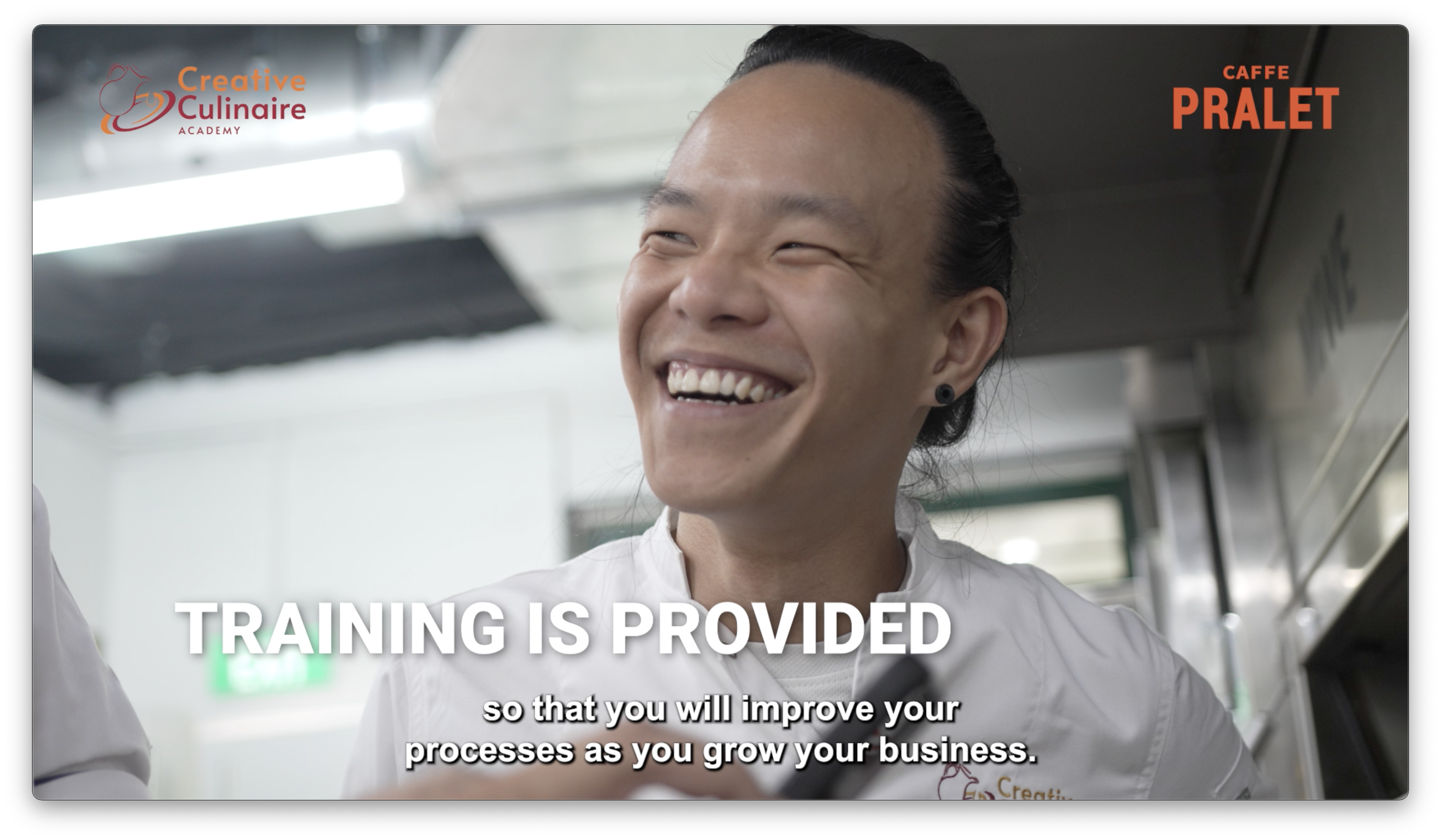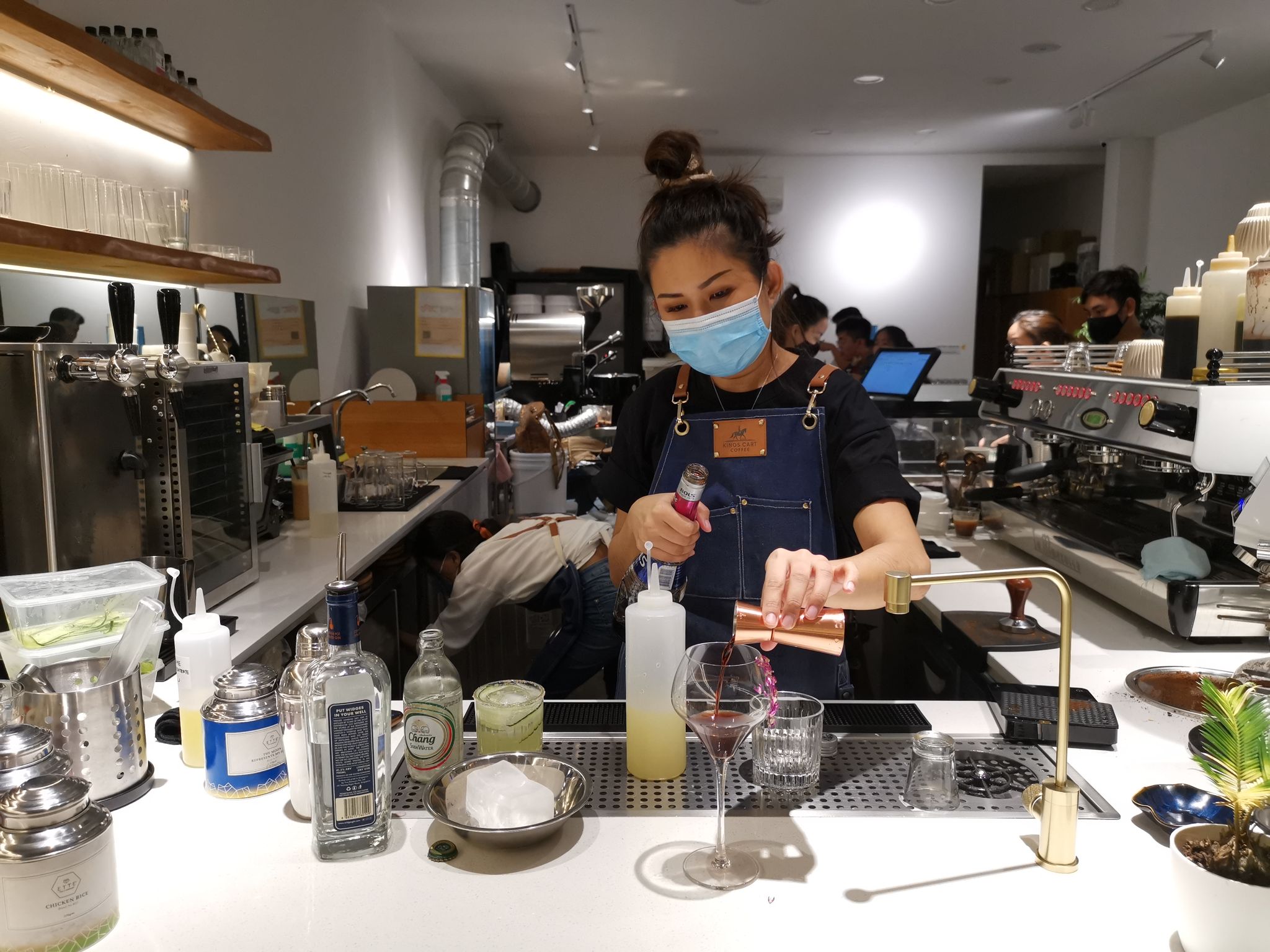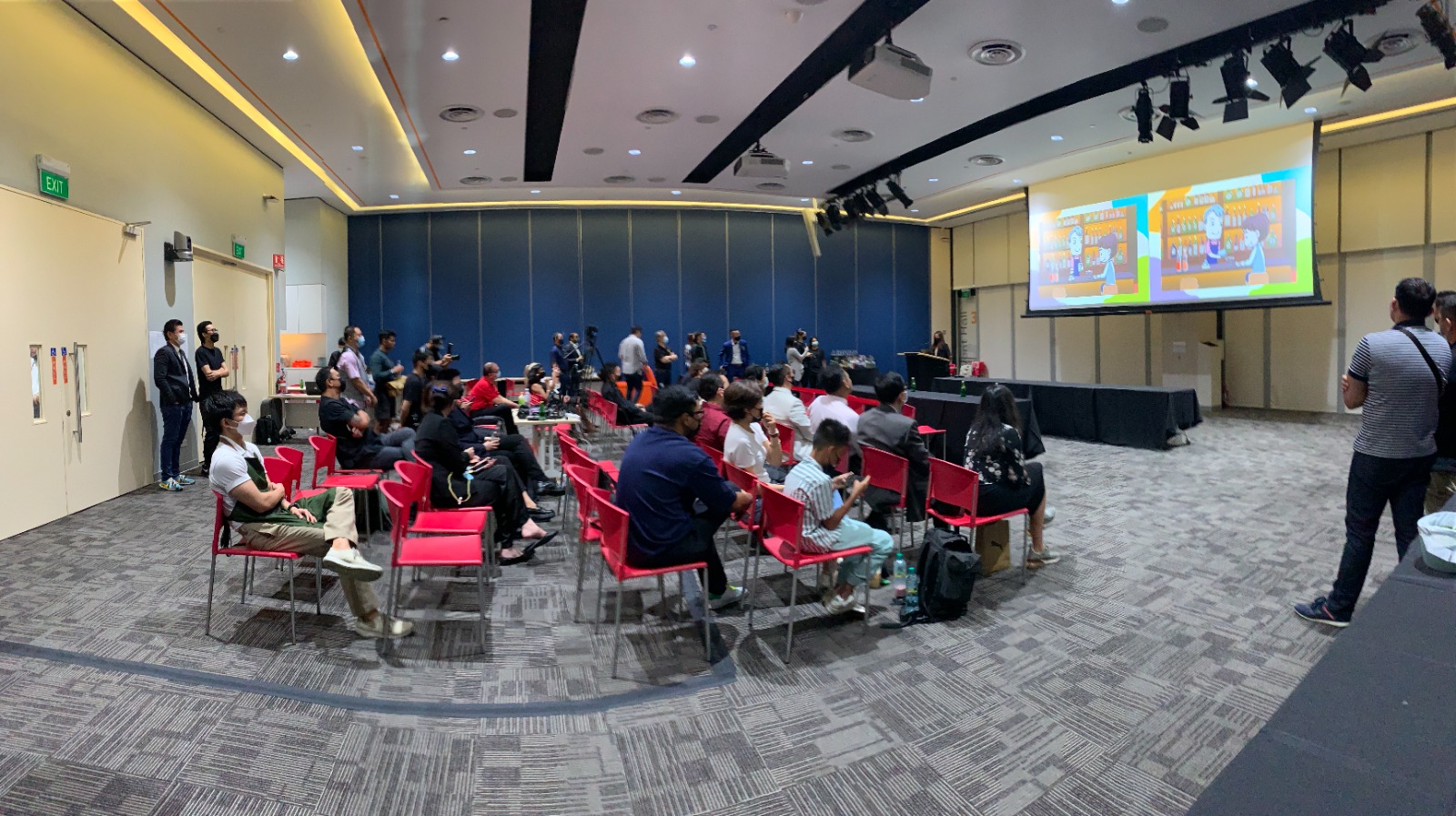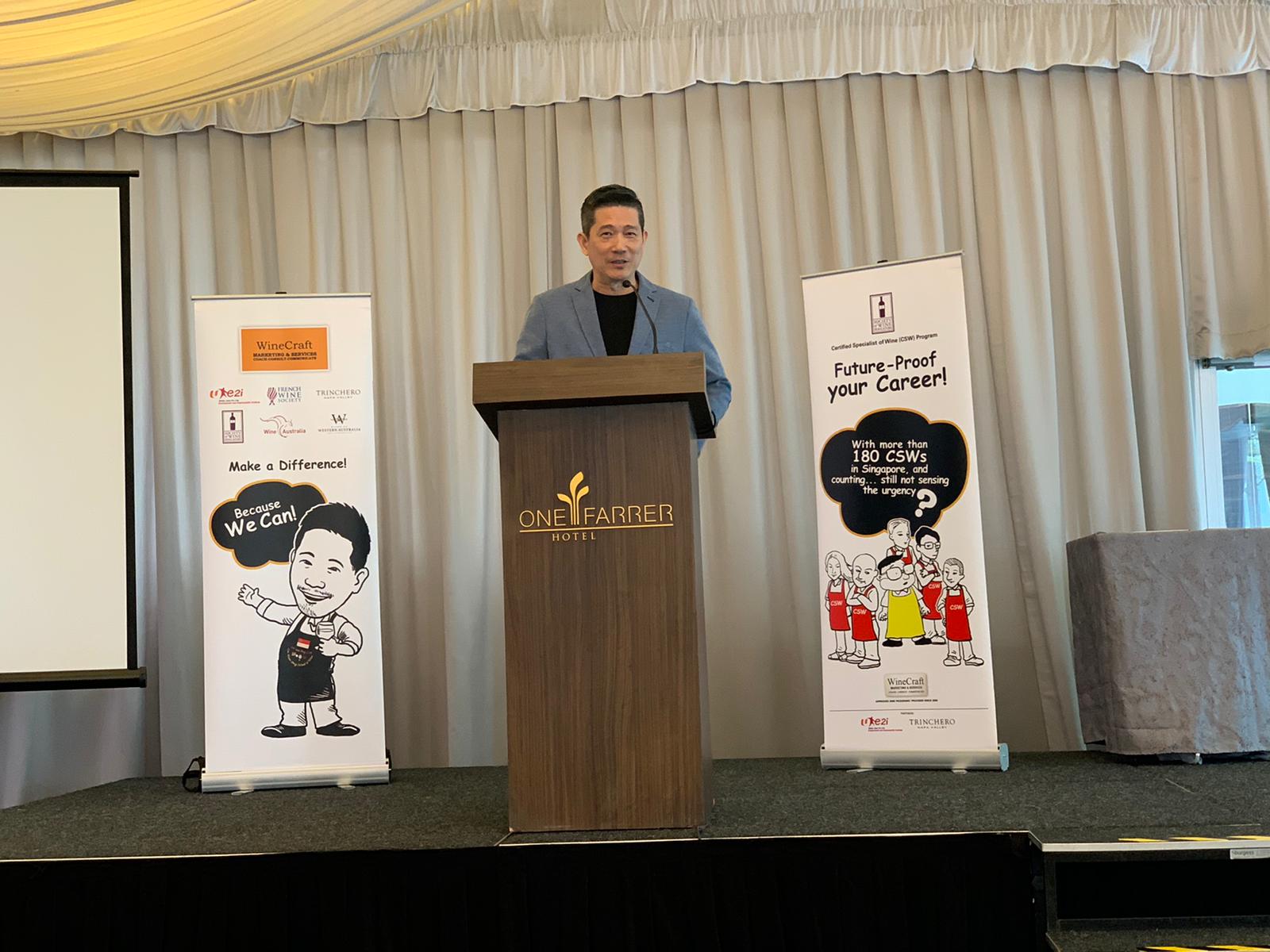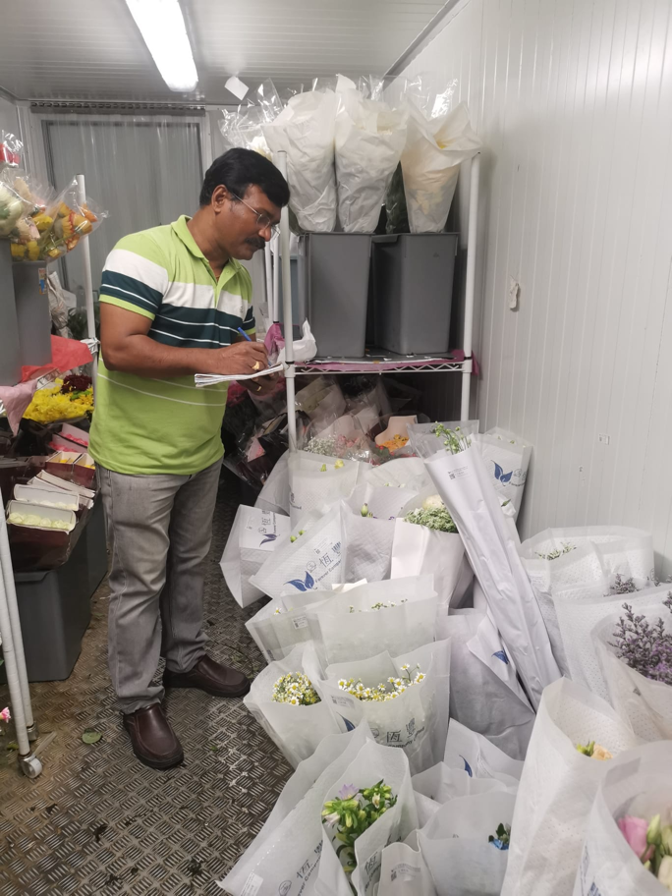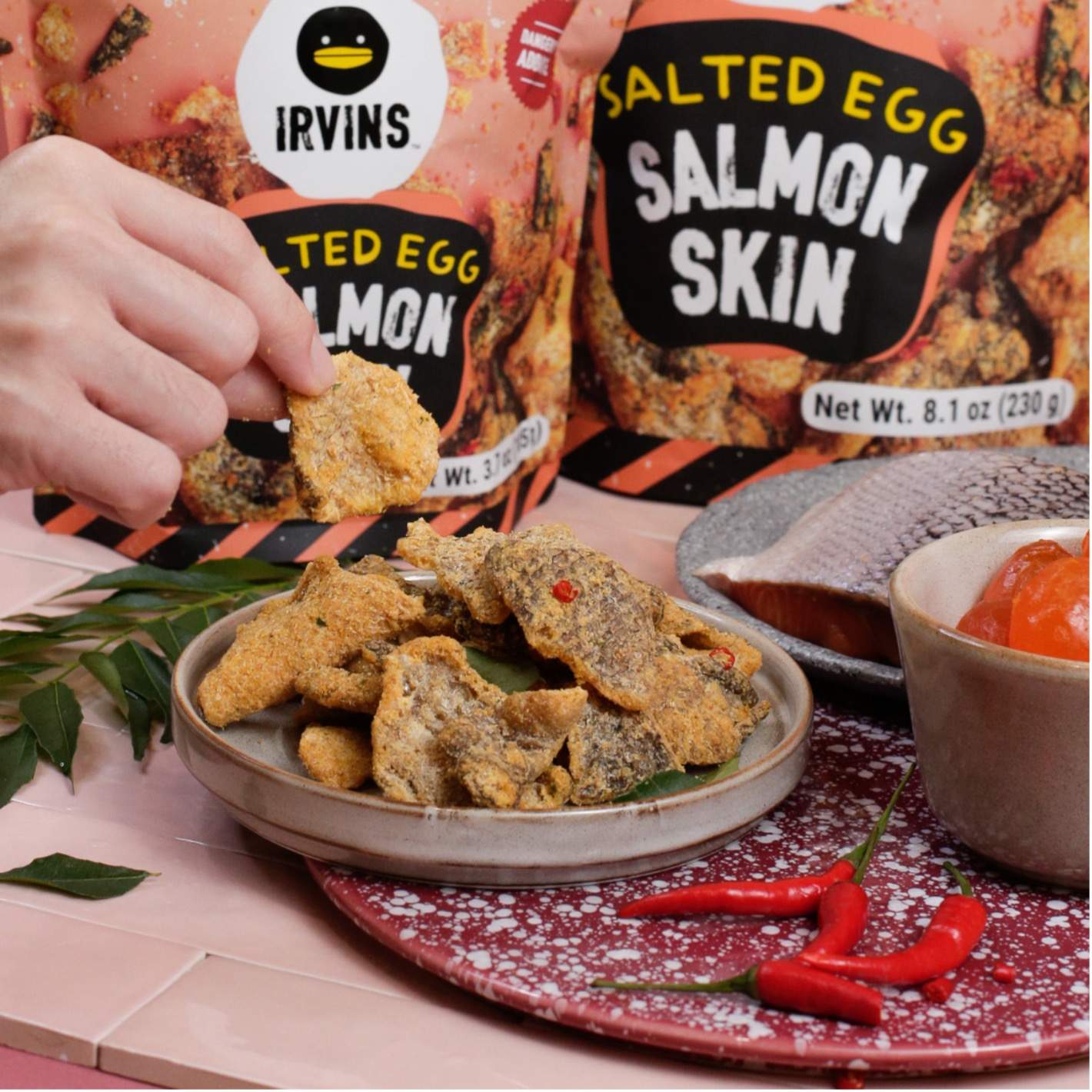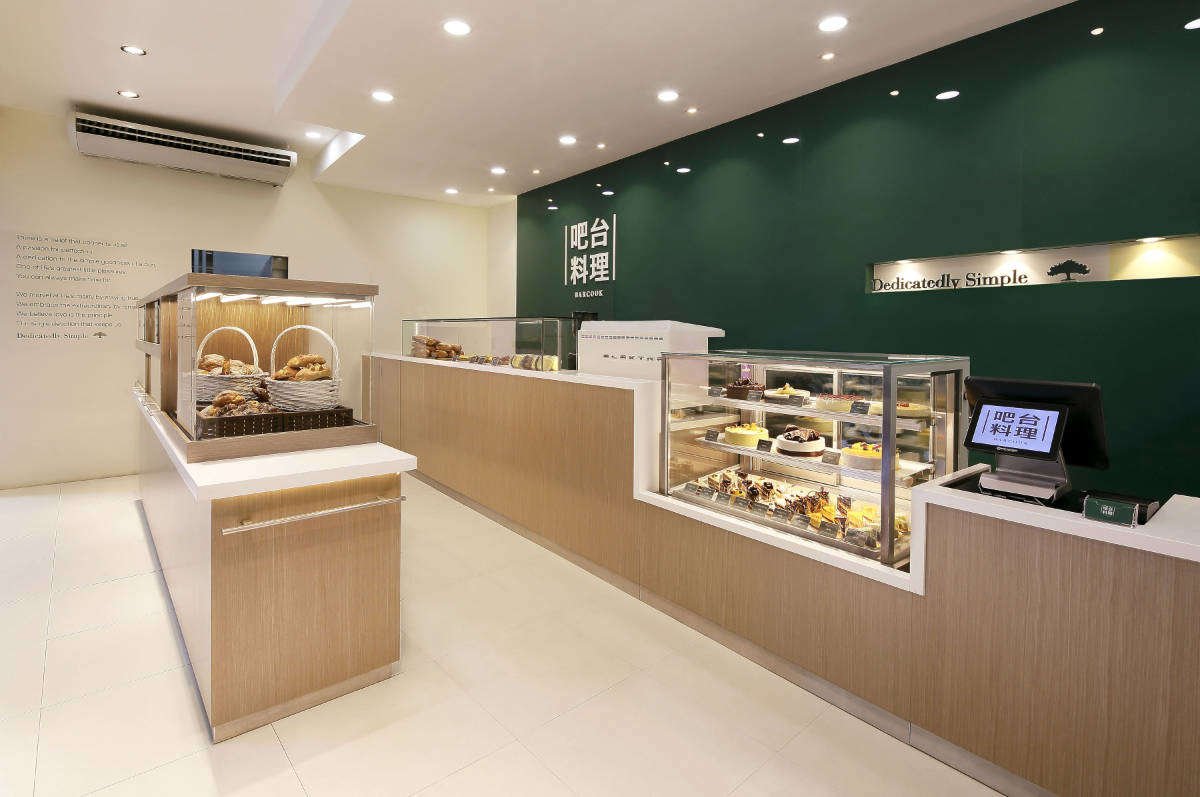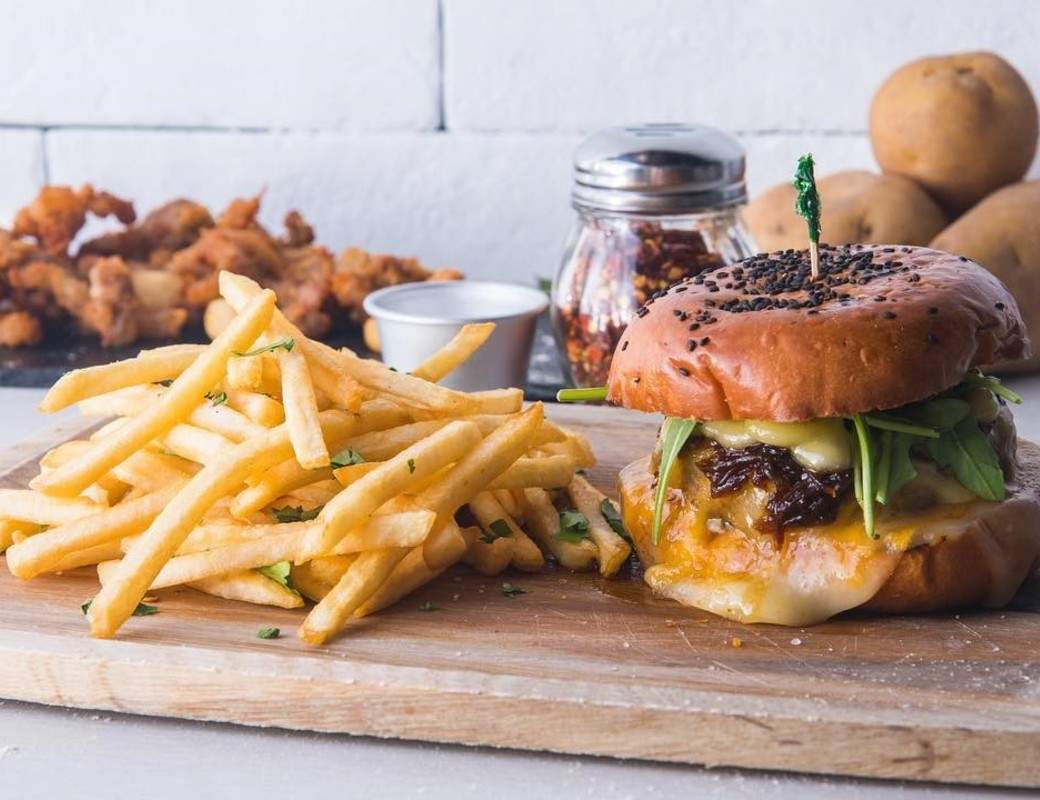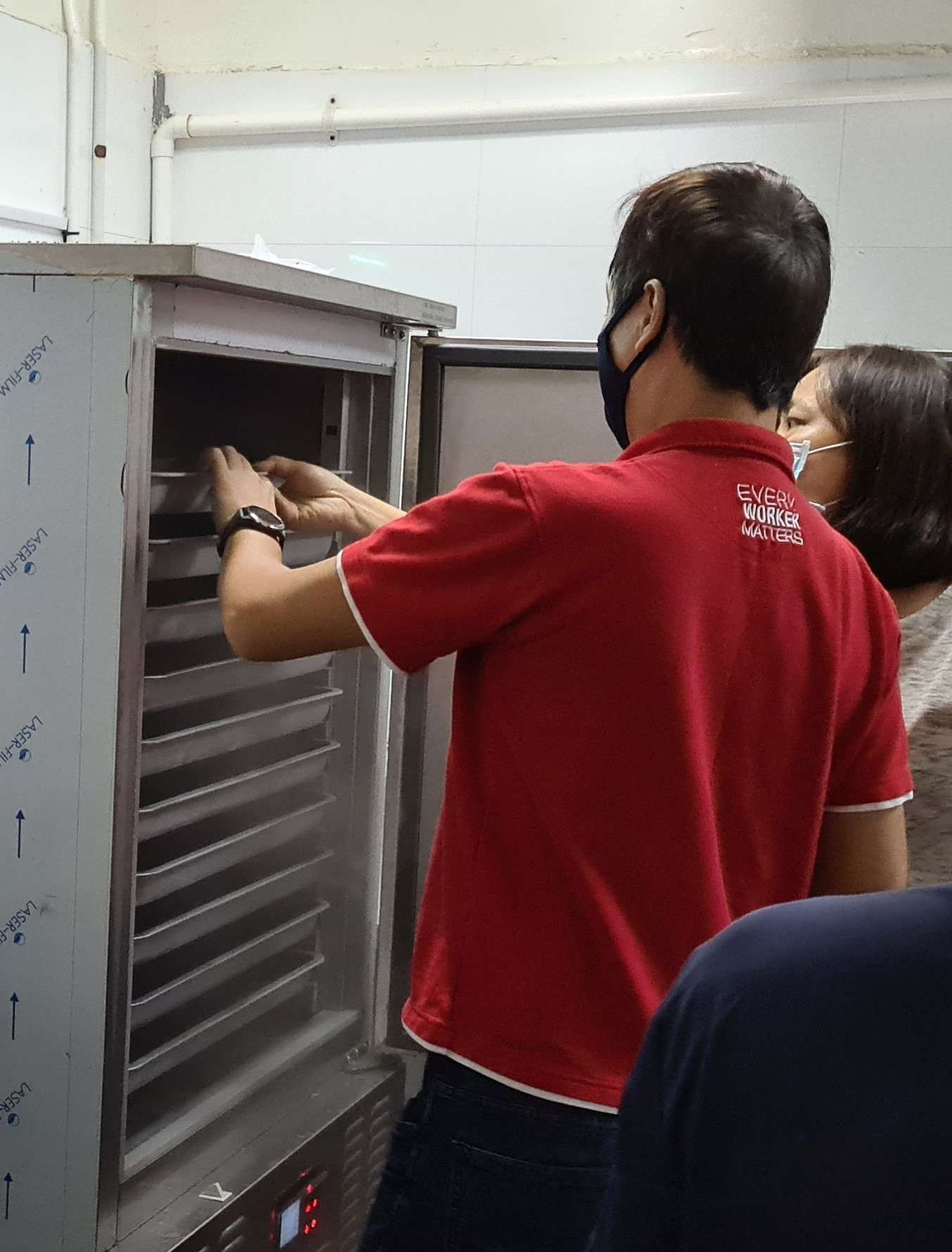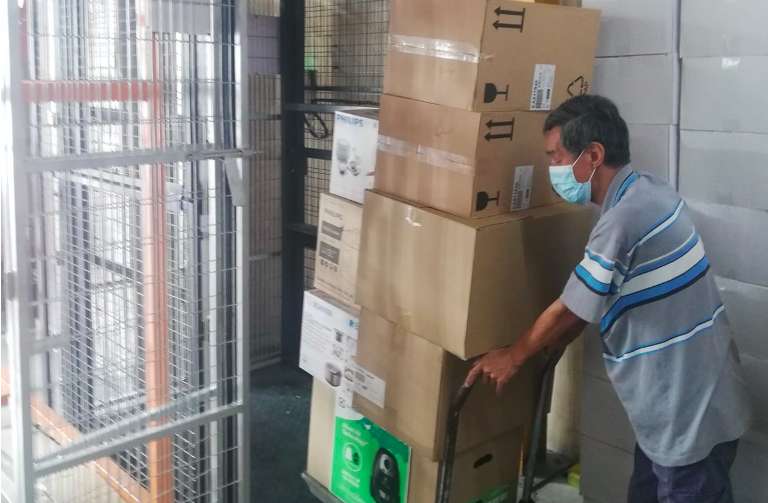Le Cordon Bleu-trained pastry chef Gwen Lim is inspired by artisanal techniques, simplicity, and quality ingredients. She conceptualized Patisserie G while on a training stint at the famous Pierre Hermé in Paris and eventually brought that vision to life when her flagship store opened in Millenia Walk in 2012.
Soon after Patisserie G, Chef Gwen went on to open Bakery Artisan Original (BAO) in 2013 as a collaboration with former business partner Chef Christophe Grilo. BAO aimed to bring traditional French baking to local consumers, using an aged natural levain and complex fermenting techniques to develop bread with a fresh light crumb and wonderful flavours. It also offers a wide range of pastries like croissants and pain au chocolate which come with their signature honeycomb interior and fabulously flaky texture.
From day one, BAO was not intended to be an industrial operation, but one built on classic principles. The team makes everything by hand, using the finest ingredients, traditional techniques, lots of passion, and no preservatives, colourings or fillers.
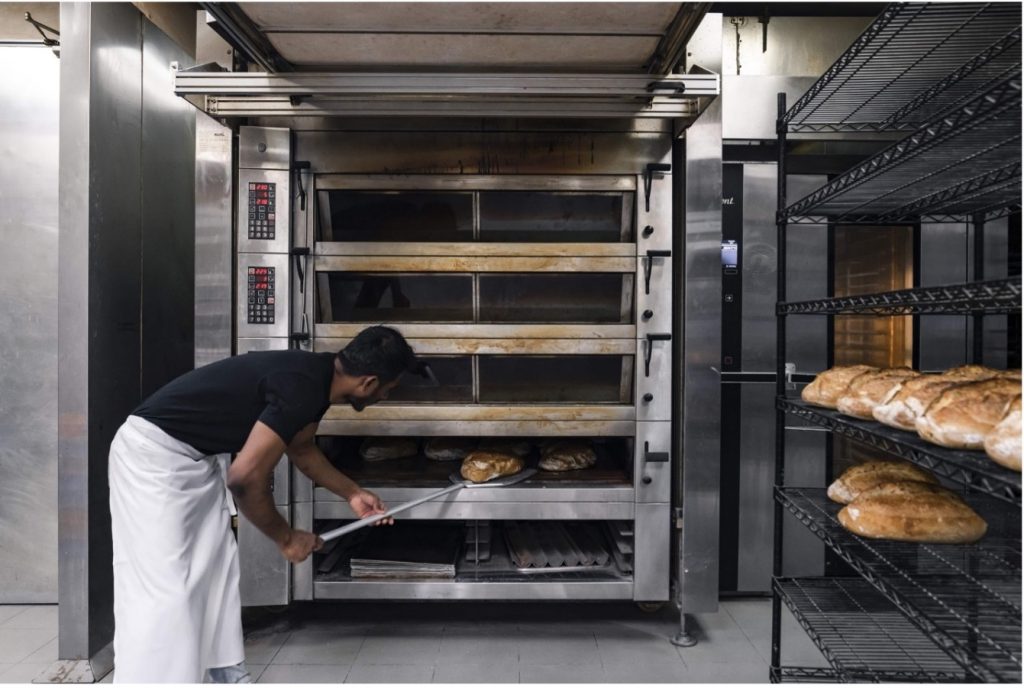
The establishment of BAO also helped to fill a void in the local baking scene, where artisan bread and pastries are in short supply. Sensing that this was an opportunity to strengthen the value chain for French artisanal baked products in Singapore, Chef Gwen dedicated her efforts to developing BAO to its fullest potential.
Through creativity and good old-fashioned hard work by its skilled team of artisan bakers, BAO soon started supplying fine dining establishments, restaurants, hotels and cafes with top-quality bread and pastries. It even custom bakes for some of the best Michelin Star restaurants in Singapore.
The food and beverage industry is often fraught with challenges but Chef Gwen attributes the success of both Patisserie G and BAO to their team of dedicated workers who share a common vision of serving the best quality food. This vision has been their north star, especially when it had to navigate through the painful lockdowns brought about by the COVID-19 pandemic.
A Helping Hand
Regarded as one of her key allies in the industry, Chef Gwen has always been able to count on the support from NTUC’s Employment and Employability Institute (e2i). The team of industry experts in e2i have often guided how to utilise the appropriate government funding available to help her companies grow. This all ties in with the Worker 4.0 skill pillars of Technology, Technical and Adaptive which form the underlying framework through which companies can devise their transformation and growth strategies.
BAO places a huge emphasis on supporting its workers in terms of training and development. Through e2i’s Career Conversion Program (CCP), Chef Gwen can now confidently hire workers from outside the food and beverage industry.
As part of the CCP, new hires are put through a structured onboarding program through a combination of internal training and external courses to help them bridge the skill gap and allow them to learn how to perform in their new roles quickly. For example, the new hires in BAO have attended various Baker 4.0-related courses to ensure that they are equipped with the relevant adaptive, technology and technical skills to thrive in their jobs.
Talent + Application = Success
Eden Sim joined the BAO team ten years ago with no prior knowledge of making pastry or bread. He was not afraid to learn ‘on the job’ and demonstrated enormous talent from the onset. It was this precocious talent and his appetite for learning that has helped him rise through the ranks to become BAO’s Head Baker.
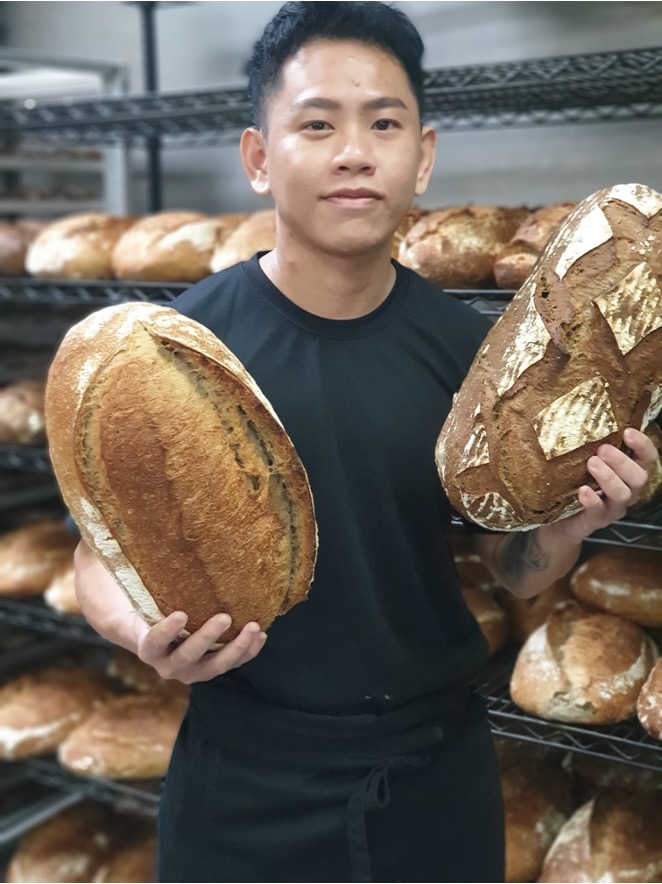
Eden is a role model to the other bakers in BAO and leads the team with his extensive experience. Against all odds, Eden managed to achieve something from nothing, and it is especially heartwarming for Chef Gwen as she has been Eden’s constant pillar of support throughout his journey in BAO.
Sourdough – A Labour of Love
Sourdough is a very versatile bread. It can be eaten with soup, sandwiches, toast, or just about any café menu item you can think of. But making Sourdough involves patience, time, and love – lots of it! This is why the Sourdough is perhaps the best showcase of the technical competency of BAO’s team of artisan bakers.
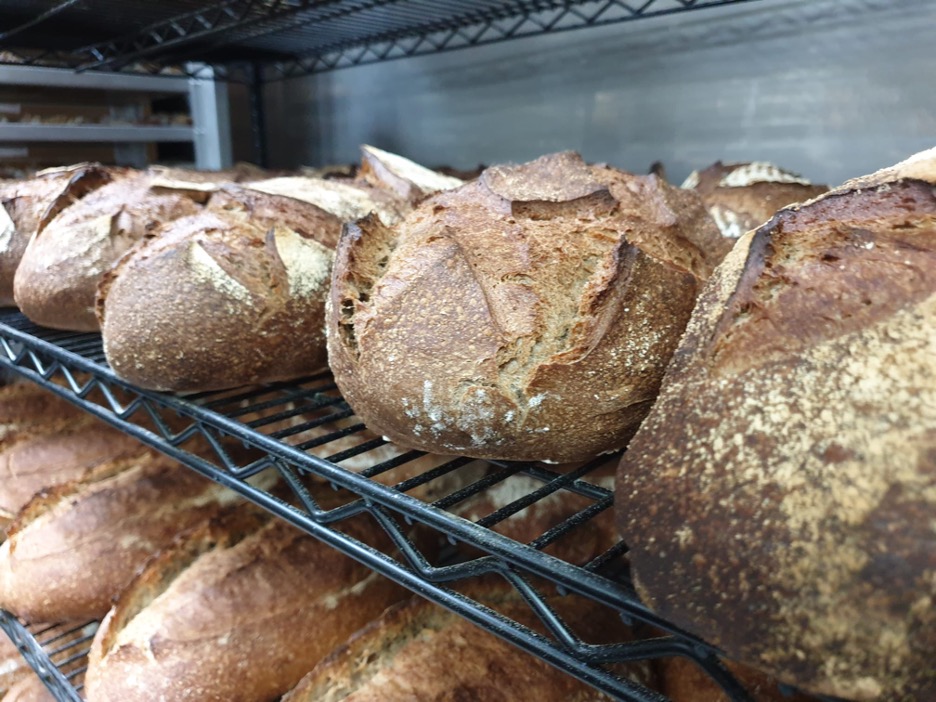
The process to produce Sourdough is much longer than baking a regular loaf of bread. The starter or ‘levain’ used to make Sourdough must be at its peak when used. The secret to BAO’s Sourdough is its decade-old levain, which is used daily in production. The levain needs to be well maintained and cared for to preserve the quality of the Sourdough. The baker also needs to have a good understanding of how dough reacts to different temperatures and mixing.
You might find yourself asking, “What is the importance of the levain and how does one maintain it?”
The levain, or starter as it is more commonly known, can be in either the liquid or solid format. BAO uses both versions in its daily operations for different types of bread. Starters are made by catching wild yeast which is naturally present in the air. The wild yeast feeds on a diet of flour and water.
Think of it this way – A starter is like a family pet. It needs to be cared for and fed every day to keep it alive. It is not surprising to find starters that have been passed down from one generation to another.
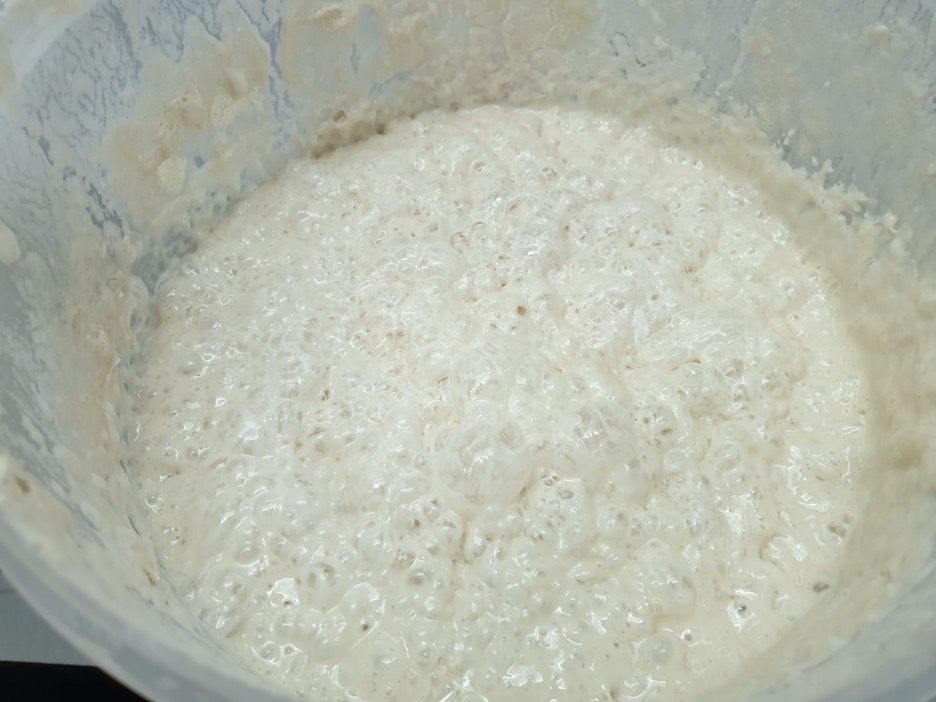
Most starters are made of strong white bread flour and water in equal proportions. Bakers typically substitute some plain flour with whole wheat or rye flour in the starter if they want to extract deeper flavour in that loaf. It is easy to tell when a liquid starter is at its peak as it is bubbly and smells yeasty. After using a starter, it must always be fed for use the next day. Traditional sourdough bread uses a starter as the rising agent, so no commercial yeast is added. The lovely shiny holes which appear in sourdough bread are characteristic of this type of loaf.
Building from a Good ‘Starter’
With a solid team as its foundation, BAO is well poised to meet any challenges that the food and beverage industry throws at it. Chef Gwen has skillfully set the company up for success through its collaborations with e2i and will continue to leverage these initiatives to ensure that BAO stays ahead of the curve.
In many ways, the levain is very similar to the foundations of a successful company. You need to invest time, effort, and money to sustain the company, which is no different from how you nourish the levain with its daily dose of flour and water. The start is normally the easy part but having the drive and determination to see through the whole process is the key to success. Judging by the quality of BAO Sourdough, it is fair to say that the team understands this concept very well.

